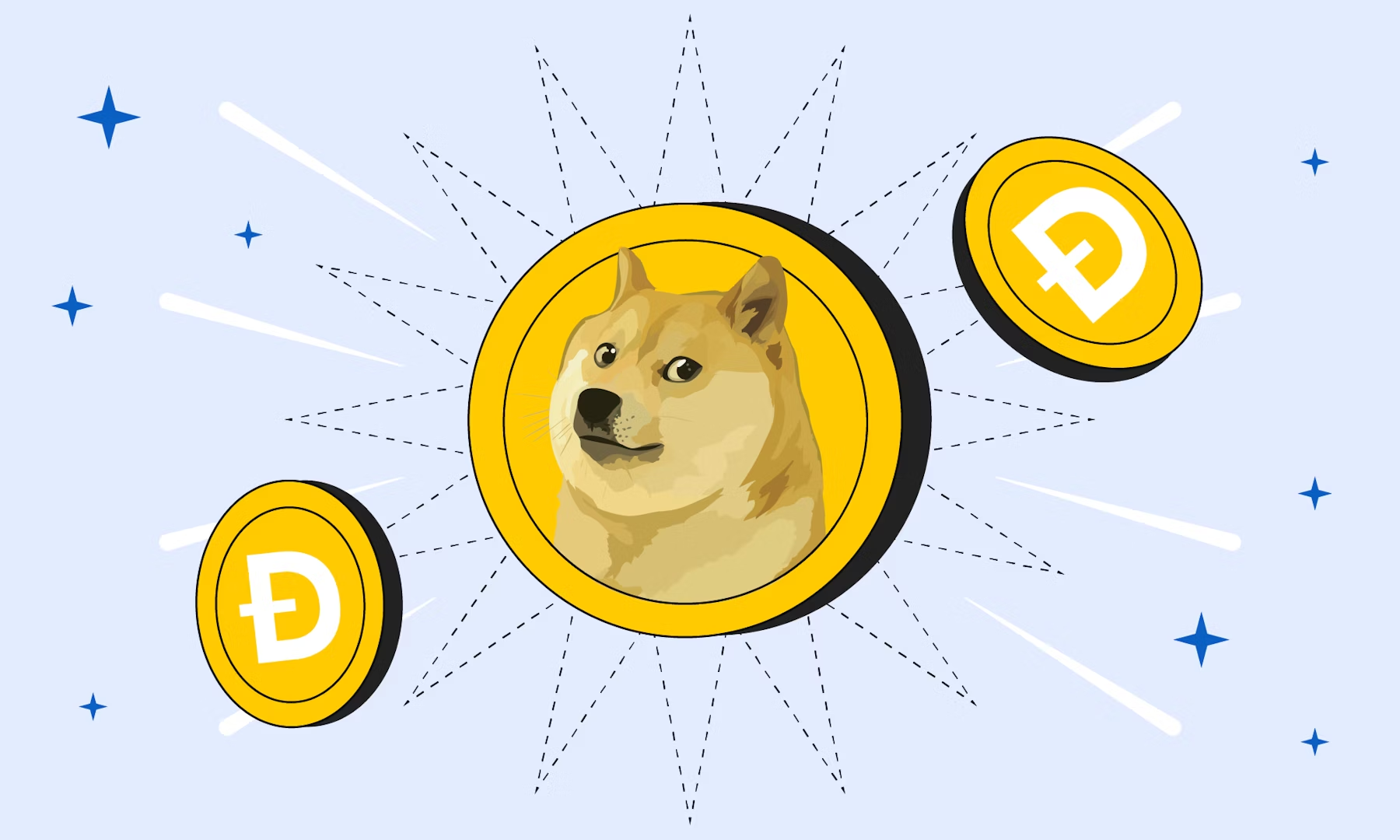Centralized exchanges promise easy crypto trading but come with hidden risks that could cost you everything. Trusting them isn’t as simple as it seems.
If you’ve ever dipped your toes into cryptocurrency trading, chances are you’ve come across the term Centralized Exchange (CEX). But what exactly is a CEX, and why does it matter in the whirl of the crypto world? Let’s break it down without the jargon.
A Centralized Exchange is basically a digital marketplace where people can buy, sell, or trade cryptocurrencies. Think of it as your local stock exchange, except it’s online and deals exclusively with crypto coins and tokens. Unlike decentralized exchanges (DEXs), where you control your own money, a CEX holds your assets on your behalf. Yep, they’re the middlemen in your crypto trades.
“Centralized exchanges act as custodians of your funds and provide a more familiar trading experience similar to traditional financial markets.” – CoinDesk
To get started on a CEX, you usually need to create an account and complete Know Your Customer (KYC) procedures. That means submitting ID documents, proof of address, and sometimes selfie videos because these platforms love knowing exactly who they’re dealing with. It’s a mandatory step for regulation compliance and to keep things on the right side of the law.
Once your account is set up, these platforms offer access to an enormous pool of buyers and sellers. Their large user base typically ensures very high liquidity. Simply put, it’s easier and faster to buy or sell coins without waiting around for some random trader on the other end.
“Liquidity is the lifeblood of any exchange. CEXs usually have tighter spreads and faster execution due to the volume of trades they handle daily.” – Blockchain.com
Of course, this convenience doesn’t come without risks. When you entrust a CEX with your crypto, you’re essentially handing over your private keys – a big deal in crypto circles since whoever controls the keys controls the assets.
Centralized exchanges have faced their fair share of drama. Hacks and security breaches make headlines regularly, reminding us that these platforms are juicy targets for cybercriminals. And if the exchange freezes withdrawals or runs into legal trouble, your funds could be stuck or lost. Not exactly the peace of mind you might expect.
“While centralized exchanges offer speed and ease of use, they also concentrate risk. Users must be aware that security and regulatory issues could impact their access to funds.” – CryptoSlate
To sum it up in a nutshell: a Centralized Exchange is a handy but double-edged tool in the crypto ecosystem. It makes trading straightforward and quick but requires trust in a third party with your money. Like handing your wallet to someone for safekeeping — it might be fine, or you might regret it later.





